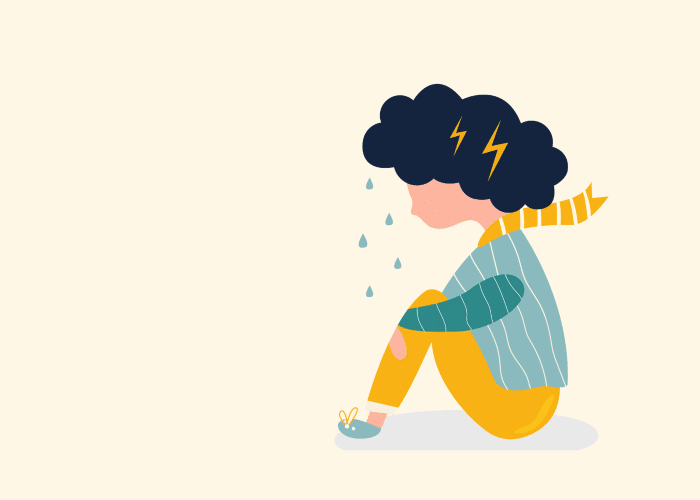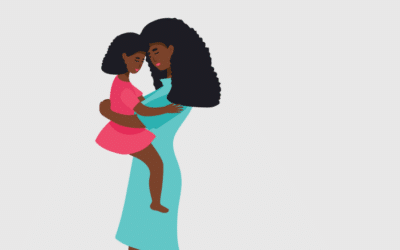Anxiety is common—affecting approximately one in eight children in the United States. As a parent or caregiver, it’s essential to know the symptoms to provide support and get kids help.
Below are six signs of anxiety to be on the lookout for.
Signs of Anxiety in Kids
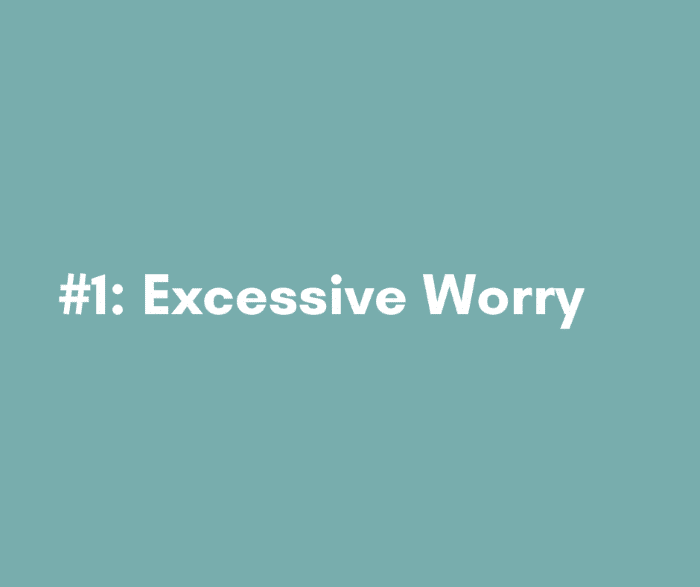
Excessive Worry
Children experiencing anxiety may worry excessively about things unlikely to happen or that seem insignificant to others. For example, they may worry about getting sick, lost, or failing a test. And they may struggle to control those worries—feeling like anxieties are taking over their thoughts.
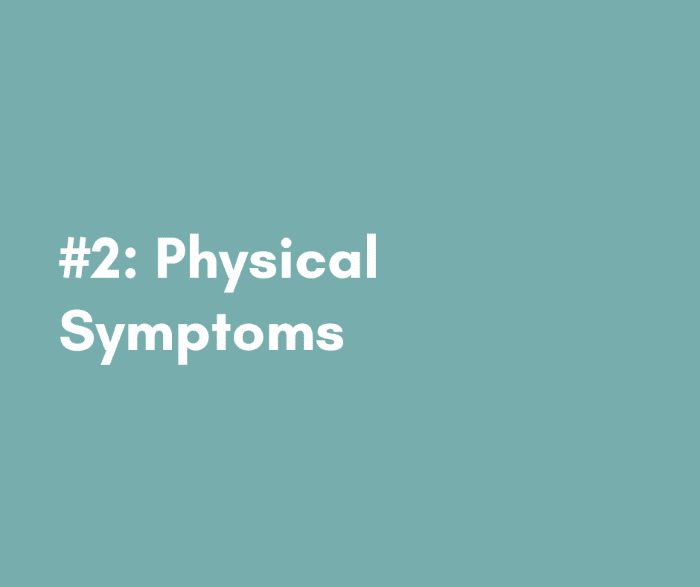
Physical Symptoms
Anxiety can manifest as physical symptoms, such as stomachaches, headaches, muscle tension, fatigue, and rapid breathing. Physical manifestations often arise when kids face situations that bring up anxious feelings and may lead to avoidance behaviors.
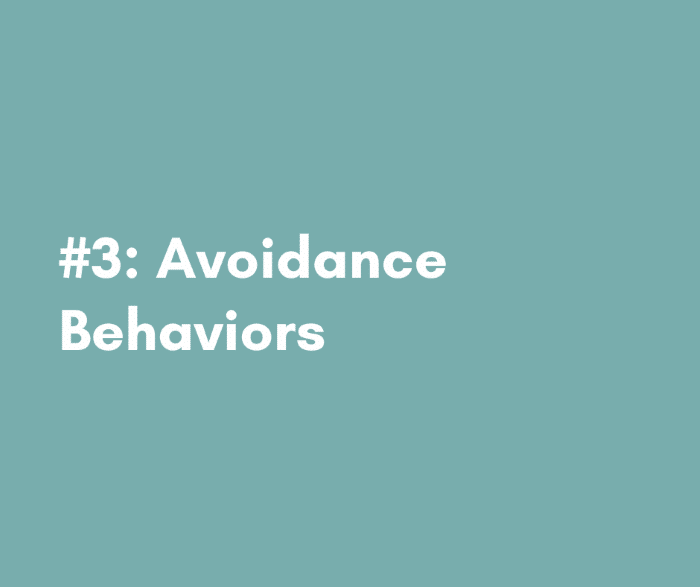
Avoidance Behaviors
Children may try to avoid things that make them uneasy. For example, they may refuse to go to school, avoid social events, or stop participating in activities they used to enjoy.
Avoidance behaviors help children feel better in the short term but often worsen anxieties over the long haul by reinforcing fear.
By avoiding scary situations, kids get instant relief from their anxiety, “rewarding” the avoidance behavior. More so, they never get the opportunity to learn to cope. Ultimately, they become entrenched in a cycle where they become increasingly anxious, and avoidance behaviors become more ingrained.
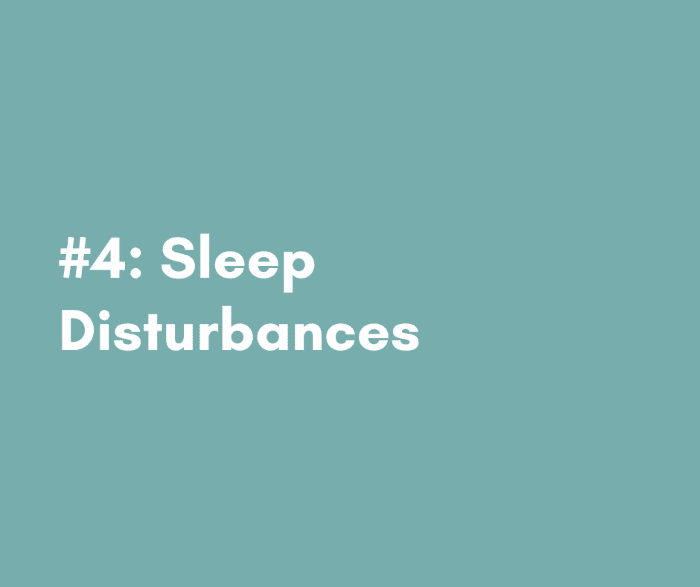
Sleep Disturbances
Anxious feelings can interfere with a child’s ability to fall or stay asleep. Kids may have trouble nodding off because of worries or wake up in the middle of the night with nightmares.
Over time, sleep disturbances worsen anxiety and lead to other problems, such as difficulty concentrating and irritability. Lack of sleep impacts our ability to regulate emotions, and daytime sleepiness can make it hard to focus and remember things.
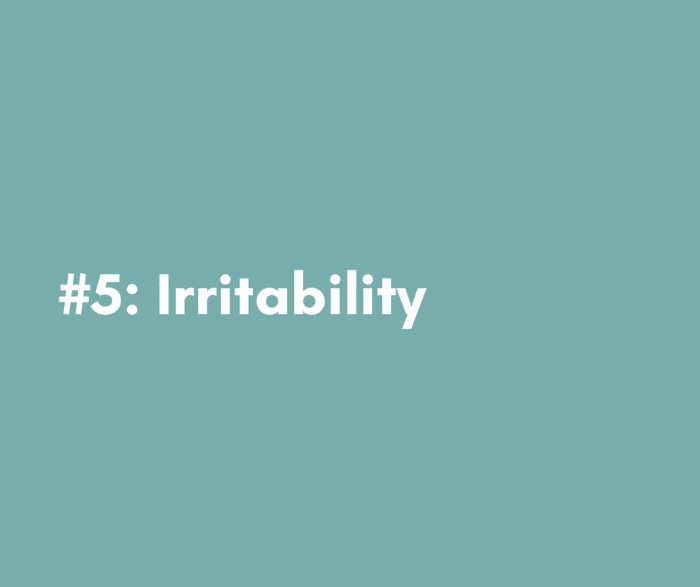
Irritability
Anxiety can make kids feel on edge. As a result, they may seem more irritable or even angry. You may notice that your child becomes upset more quickly and has trouble calming down.
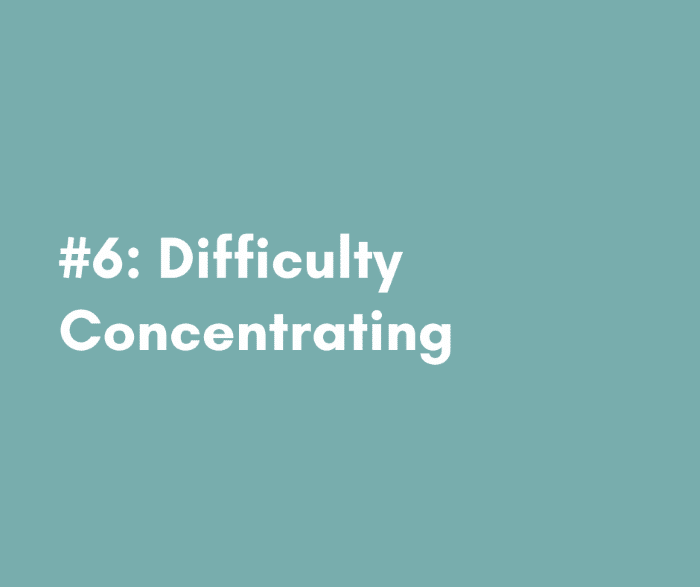
Difficulty Concentrating
Anxiety can make it hard for kids to focus, stay on task, and pay attention in class. Anxious feelings may lead to memory issues and challenges with completing assignments on time.
Difficulty concentrating is especially problematic for kids in school and can make them feel frustrated or anxious about their academic performance.
When to Get Help.
Have you noticed any of the signs above in your child? If they are experiencing significant, persistent anxiety interfering with daily life, seek help.
Anxiety is a treatable condition, and early intervention can help prevent it from worsening. A mental health professional can recommend appropriate treatment options.
Need Support?
We’re here to help! With everything from therapy to in-home caregiver support and even therapeutic mentoring, we provide a wide range of mental health services tailored to each child’s unique needs, designed to empower families in treatment.
Call 406-245-6539 or contact us online to learn more about getting your child support through any of our locations across Montana.
Want More?
Check out the rest of our blog, and follow us on social media. You can find us on LinkedIn at Youth Dynamics of Montana, Instagram @youthdynamicsmt, and Facebook at Youth Dynamics of Montana & People of Youth Dynamics.

